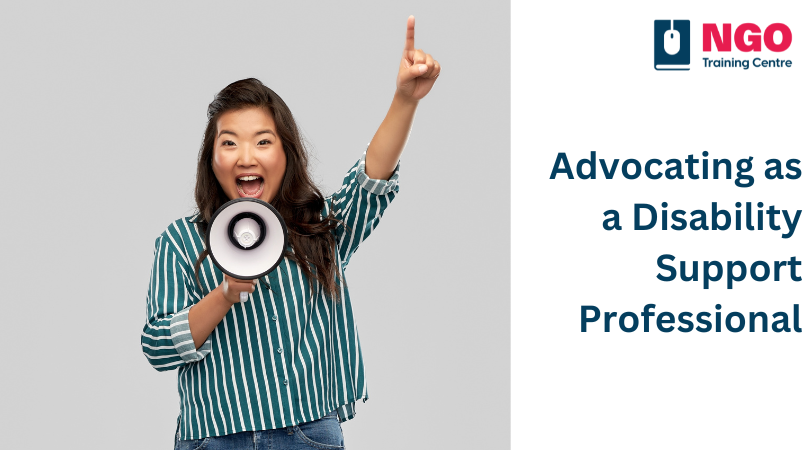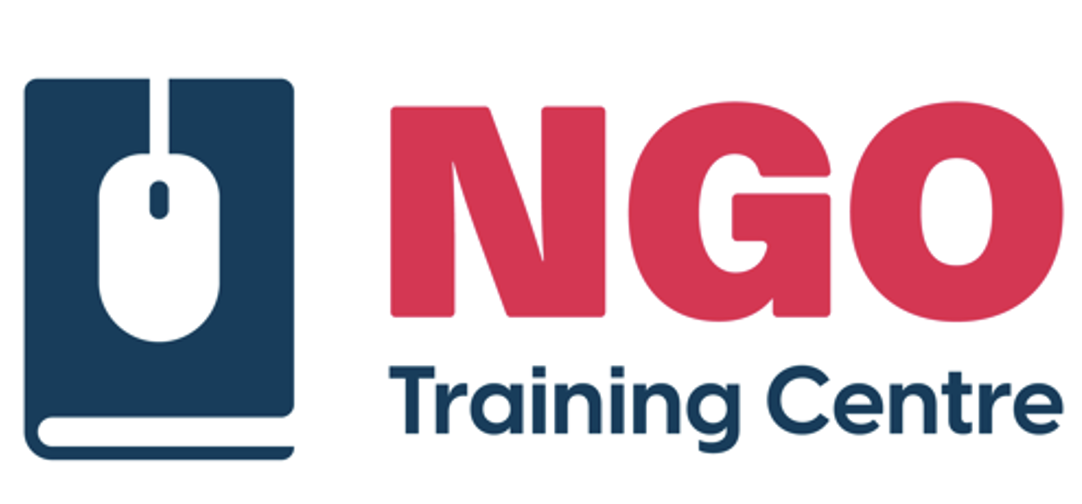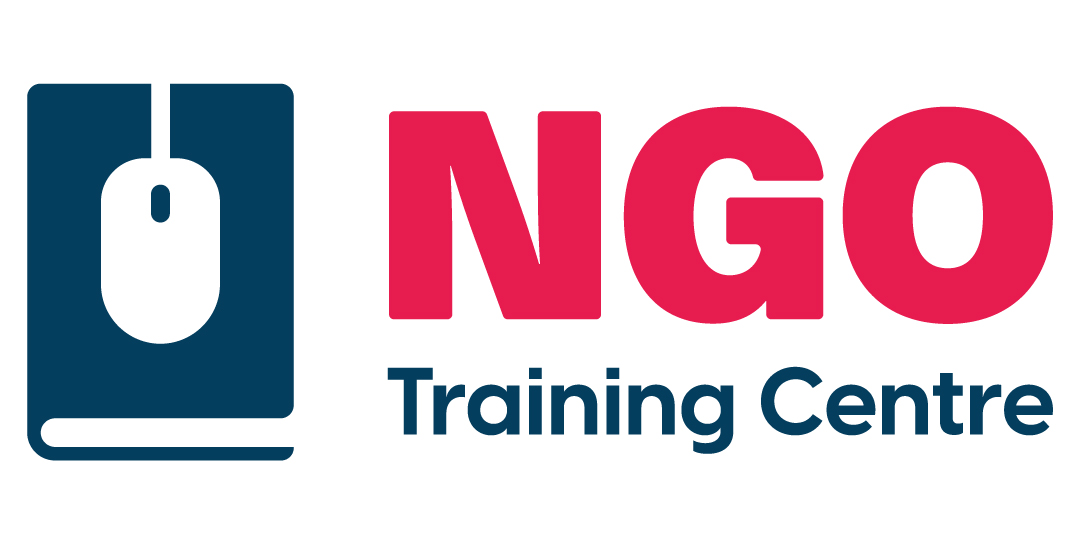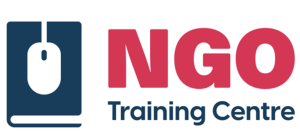
As an independent disability advocate for many years, I received countless referrals from Disability Support Professionals (more commonly known as Support Workers) and service providers who were concerned about providing advocacy for their participants in fear of it being a ‘conflict of interest’ or giving the wrong advice or support with particularly ‘sticky’ issues.
Independent Disability Advocacy has its place- don’t get me wrong- and a very important role in the community. I speak later about when it may be required. Ultimately, Disability Support Professionals are a group of professionals that have profoundly important roles in delivering healthcare and support needs to participants on a daily basis.
This places that role in the best position to know the participant best- spending the most hands-on quality time together.
For many reasons, some participants are unable to speak up for themselves or do not have all of the information that they need to have to make decisions. This makes the role of a Disability Support Professional even more important when it comes to advocating to ensure that the participants are being treated fairly and that their rights and interests are being upheld.
Unlike a Disability Support Professional, an independent advocate is often short-term and issue-based so it’s not ideal to send a referral across to one for every issue that arises in a participant’s life. If you are unsure, you can call your local disability advocacy agency, which can give you further advice.
As a Disability Support Professional, when you do find yourself in a situation where you need to provide advocacy, there are a few ways to ensure that you are safely advocating on behalf of a participant, or assisting them to self-advocate. Some examples are:
- Ensuring that the participant’s views and wishes are communicated positively and authentically.
- Ensuring that the participant is given independent, accessible and accurate information to make their own informed choices and decisions without being influenced by others.
- Ensuring that the participant has as many opportunities to communicate- such as through communication tools, which is very important.
- Ensuring that any conflict can be negotiated and resolved successfully, and engaging professionals where required (such as tenancy support, legal, mediation or independent advocacy).
- Understanding the rights of the participants that are being supported (Disability, Cultural, Youth, Aged etc.).
As I said earlier, there are times, however, when another party is better placed to fulfil the role of ‘advocate’, such as through the use of an independent advocacy organisation.
This is often due to a conflict of interest, which can include:
X The Disability Support Professional is too close to the person/situation.
X There is a complaint or issue with the Disability Support Professional or their employer.
X The Disability Support Professional has strong views on a subject that are at odds with the participant.
X The Disability Support Professional does not have to agree with the participant, but they do need to express the views and wishes of the participant clearly and accurately.
The ultimate aim, however, is for the participant to self-advocate, so that they no longer require someone to speak up on their behalf. Utilising all of the strategies and working alongside the participant will reinforce self-advocacy skills.
To strengthen these skills further for participants, there are some excellent self-advocacy groups around Australia that they can join who empower each other through peer support. This is a very powerful model. Through these groups, participants have a collective voice, and it can support them to go on to challenge systemic barriers or issues at a state or National level. You can find these, along with independent advocacy organisations here: https://www.daru.org.au/organisation-type/self-advocacy-support-groups
Disability Support Professionals must have the skills and knowledge to support participants to have their voices heard and their rights upheld. They must have good communication skills to communicate with participants and their families positively. This could mean using clear developmentally appropriate communication and being culturally appropriate in a way that the participant can understand and be comfortable with.
It is important that Disability Support professionals access training and ongoing professional development to become an advocate for the participants that they support.
At NGO Training, we provide quality training for Disability Support Professionals and leaders, with over 80 interactive and engaging courses that include communication and cultural competency to enhance these much-needed advocacy skills.
For further information on how to access independent advocacy services, here is a useful EASY READ guide from The Department of Social Services (DSS) about the Disability Advocacy Support Helpline. The Disability Advocacy Support Helpline is a phone line that supports:
• people with disability
• families and carers
• support workers (or Disability Support Professionals)
You can find it through the Disability Gateway:
1800 643 787
They will help guide you in the right direction.
Written by Amanda Robinson, B.A., MMentalHealth Prac.
Amanda is a professional with over a decade of dedicated experience in the fields of Mental Health and Disability. Her extensive expertise lies in navigating the intricate landscape of the Disability Sector. She brings a unique perspective to her work, being both a person with lived experience of disability and a compassionate carer. She has a passion for advocacy, making her a staunch champion for the rights and well-being of individuals facing similar challenges.




